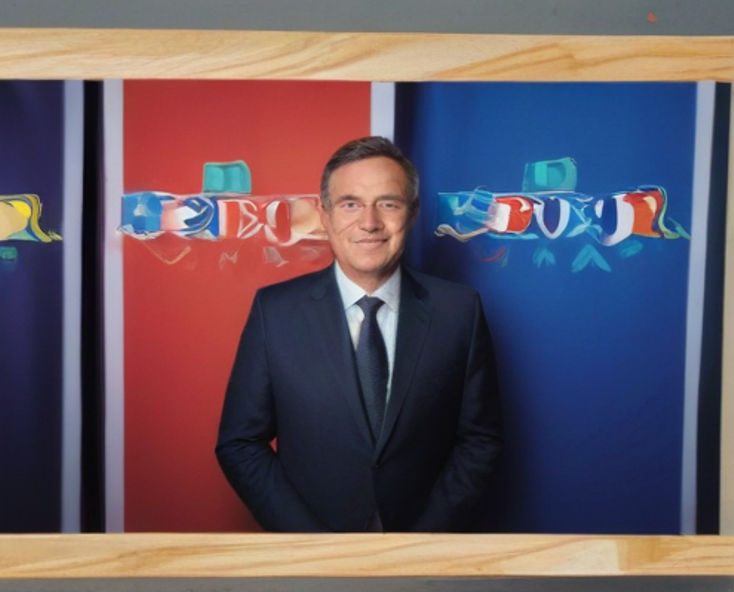
Capturing the moment through photographs is not the only focus of political events in today’s digital age; they also encompass speeches and rallies. Photo booths have become a popular feature at political gatherings, offering attendees a chance to snap a picture with their favorite candidates or express their support for a cause. However, behind the scenes of these seemingly innocent photo opportunities lie a myriad of ethical and legal considerations that photo booth operators must navigate.
First and foremost, privacy concerns loom large in the realm of political photo booths. While attendees may willingly step into the booth to take a picture, they may not always be aware of how their images will be used or shared. Photo booth operators must obtain explicit consent from individuals before capturing their images, especially if those images will be used for promotional or campaign purposes. This consent should be clearly communicated through signage or verbal confirmation to ensure transparency and respect for attendees’ privacy rights.
Moreover, photo booth operators must be mindful of the sensitive nature of political events and the potential for images to be misused or manipulated. In an era of fake news and digital manipulation, ensuring the authenticity and integrity of photographs is crucial. Operators should refrain from altering or editing images in a way that could distort reality or misrepresent the events taking place. Maintaining the trust of attendees and the public at large is paramount, and adherence to ethical standards in image processing is essential.
ALSO READ: Consumer Watch Group Calls on All State Lawmakers to Regulate Towing Companies
From a legal standpoint, photo booth operators must also be aware of copyright laws and intellectual property rights. If the event venue or the materials used in the booth are subject to copyright protection, operators must obtain proper permissions or licenses to avoid infringement. Additionally, operators should have clear policies in place regarding the ownership and usage rights of the photographs taken in the booth. This ensures that both the operators and the attendees understand their rights and responsibilities regarding the use and distribution of the images.
Furthermore, photo booth operators must stay informed about local regulations and ordinances governing photography in public spaces. Depending on the jurisdiction, there may be specific rules regarding the operation of photo booths at political events, particularly in areas with heightened security or restricted access. Operators should familiarize themselves with these regulations to avoid any legal complications or disruptions during the event.
Conclusion
While photo booths add a fun and interactive element to political events, operators must be diligent in addressing the ethical and legal considerations associated with their use. By prioritizing privacy, authenticity, and compliance with laws and regulations, operators can ensure that their photo booths contribute positively to the event experience while upholding ethical standards and respecting the rights of attendees.
